- Write by:
-
Thursday, March 18, 2021 - 11:11:27 PM
-
718 Visit
-
Print
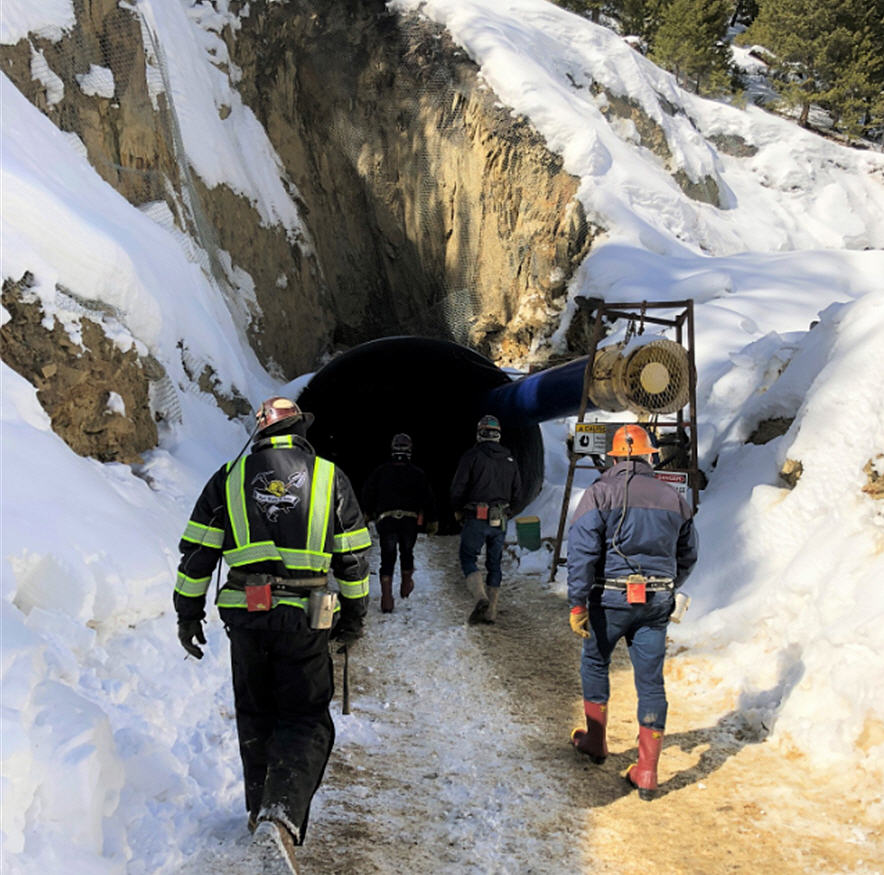
Mining News Pro - The US government is working to help American miners and battery makers expand into Canada, part of a strategy to boost regional production of minerals used to make electric vehicles and counter Chinese dominance.
On Thursday, the U.S. Department of Commerce is hosting a closed-door virtual meeting with miners and battery manufacturers to discuss ways to boost Canadian production of EV materials, according to documents seen by Reuters.
The move comes as demand for electrified transportation is set to surge over the next decade.
Conservationists have strongly opposed several large US mining projects, leading officials to look north of the border to Canada and its supply of 13 of the 35 minerals deemed critical for national defense by Washington.
Tesla Inc, Albemarle Corp, Talon Metals Corp and Livent Corp are among the more-than 30 attendees at Thursday’s meeting who will discuss ways Washington can assist U.S. companies expand in Canada and overcome logistical challenges, according to the documents.
The U.S. Department of Commerce did not immediately respond to requests for comment.
The event comes after US President Joe Biden and Canadian Prime Minister Justin Trudeau committed last month to building an EV supply chain between the two countries.
Since Biden’s election, three U.S. mining companies have invested in Canada, where mining accounts for 5% of the country’s gross domestic product, versus roughly 0.9% in the United States.
Canada’s Fortune Minerals Ltd, which is developing a cobalt mine in the Northwest Territories, has also held funding talks with the U.S. Export/Import Bank, its chief executive told Reuters.
“The United States is really taking this seriously,” CEO Robin Goad said.
Lithium-ion batteries are dangerous to transport over long distances, so automakers prefer to have them built near assembly plants. That should aid efforts by Ontario and Quebec to develop their own battery cell plants with both provinces close to U.S. automakers in Michigan and Ohio, industry executives said.
“The border between Canada and the U.S. is inconsequential with respect to EVs and EV minerals,” said Arne Frandsen, CEO of mining investment group Pallinghurst, which is the largest shareholder in Nouveau Monde Graphite Inc NOU.V, which is building a graphite mine and anode plant in Quebec.
Pallinghurst joined Livent last November to buy the Nemaska lithium project in Quebec, in what will be North America’s largest lithium mine. Both projects are slated to open by 2024 just as automakers launch dozens of new EV models.
“We do see Canada as a natural fit for expansion as the whole battery supply chain is going through a huge self-reckoning about sourcing,” said Livent CEO Paul Graves.
Livent has supply deals with BMW and Tesla.
’51st state’
To be sure, the United States is also trying to boost domestic production of EV metals, which the Biden administration has said is critical.
But Washington is increasingly viewing Canada as a kind of “51st State” for mineral supply purposes and plans to deepen financial and logistical partnerships with the country’s mining sector over time, according to a U.S. government source.
Both countries are members of the Energy Resource Governance Initiative, a pact to share mining experience and resources.
Canadian firms are also able to apply for U.S. government grants under the U.S. Defense Production Act and other U.S. funding programs. There are no U.S. tariffs on Canadian EV battery metals or EV parts.
“You’re beginning to see Canada become an important part of the North American EV supply chain,” said Keith Phillips, CEO of Piedmont Lithium Ltd, which in January bought 20% of Sayona Mining Ltd, a developer of a Quebec lithium project.
Canada’s First Cobalt Corp is building the continent’s only cobalt refinery, part of an effort to wean the EV industry off supplies from the Democratic Republic of Congo, where child labor has been used. Cobalt is used to make battery cathodes.
Adding to the appeal of Canada, some of the country’s mines bill themselves as environmentally friendly and promise to use hydroelectric power to reduce their carbon emissions.
The United States knows “that we are the most-secure and most-resilient source of metal imports for them,” Canadian Natural Resources Minister Seamus O’Regan told Reuters.
Last week, privately-held USA Rare Earth invested in Search Minerals Inc’s rare earths project in Newfoundland in eastern Canada.
While USA Rare Earth already controls a rare earth deposit in Texas, executives said they wanted access to more of the minerals used to make electronics and weapons.
“You can’t just rely on projects in the US for supply,” said Pini Althaus, USA Rare Earth’s CEO. “You have to collaborate with Canada.”
Short Link:
https://www.miningnews.ir/En/News/611860
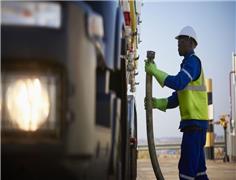
A Russian arbitration court ruled on Monday that four units of Swiss commodities trader Glencore will pay more than 11.4 ...
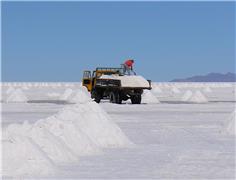
Chile’s state-run miner Codelco plans to select a partner for a future lithium project in one of the country’s top salt ...
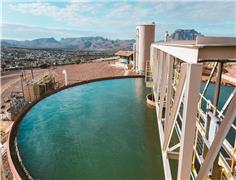
A Native American group has asked all members of a US appeals court on Monday to overturn an earlier ruling that granted ...
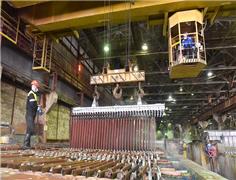
The London Metal Exchange (LME) on Saturday banned from its system Russian metal produced on or after April 13 to comply ...
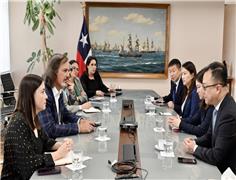
Chile’s SQM called another investors meeting at the request of its second-largest shareholder, Tianqi Lithium Corp., ...
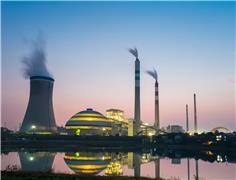
The world’s coal-fired power capacity grew 2% last year, its highest annual increase since 2016, driven by new builds in ...
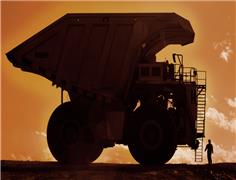
Peabody Energy Corp. shares sunk to the lowest in seven months after the biggest US coal miner warned that first-quarter ...
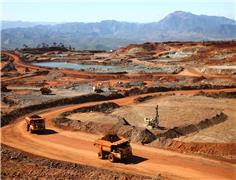
French mining group Eramet said on Wednesday it had reached an agreement with the French government to continue its ...
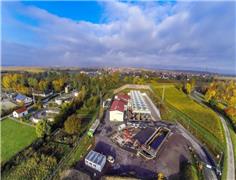
Lithium supplier Vulcan Energy on Wednesday announced the start of production of the first lithium chloride at its ...
No comments have been posted yet ...